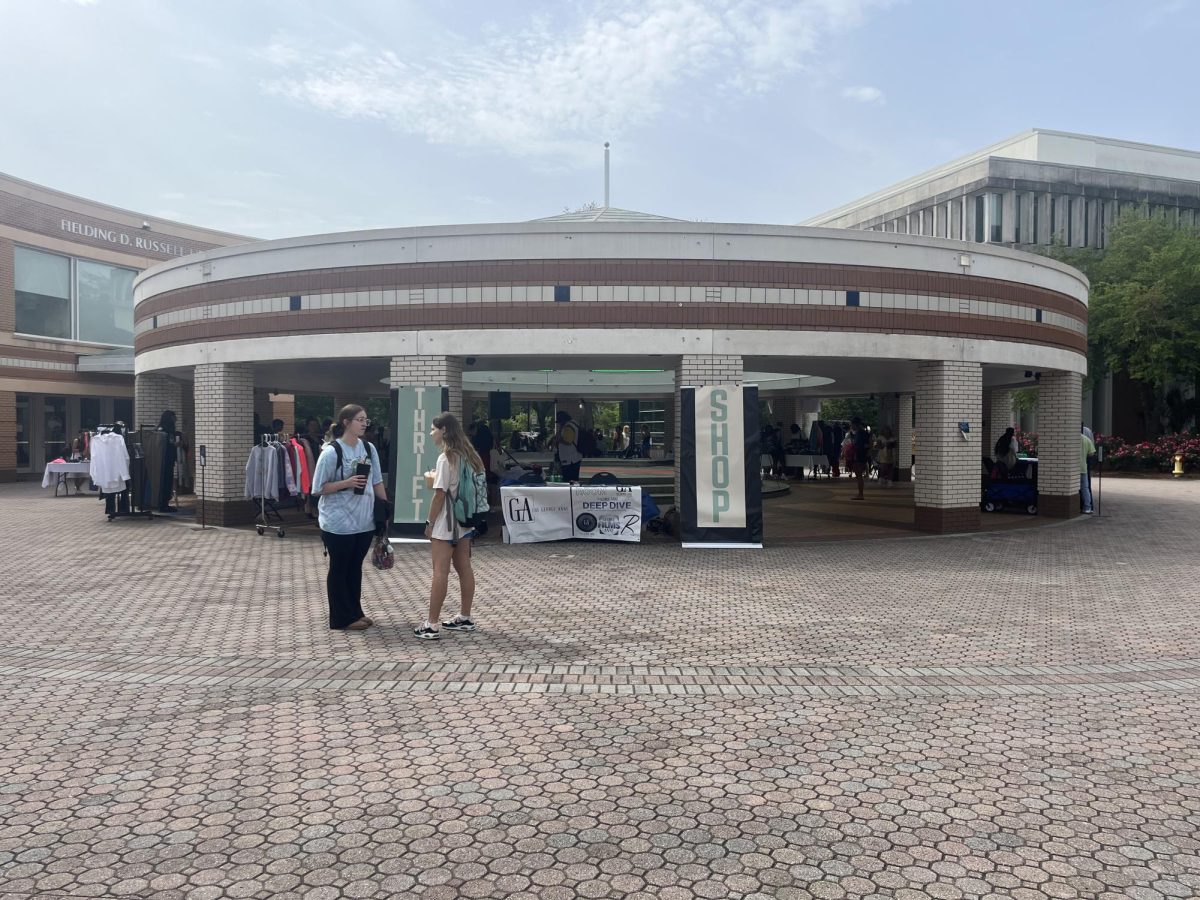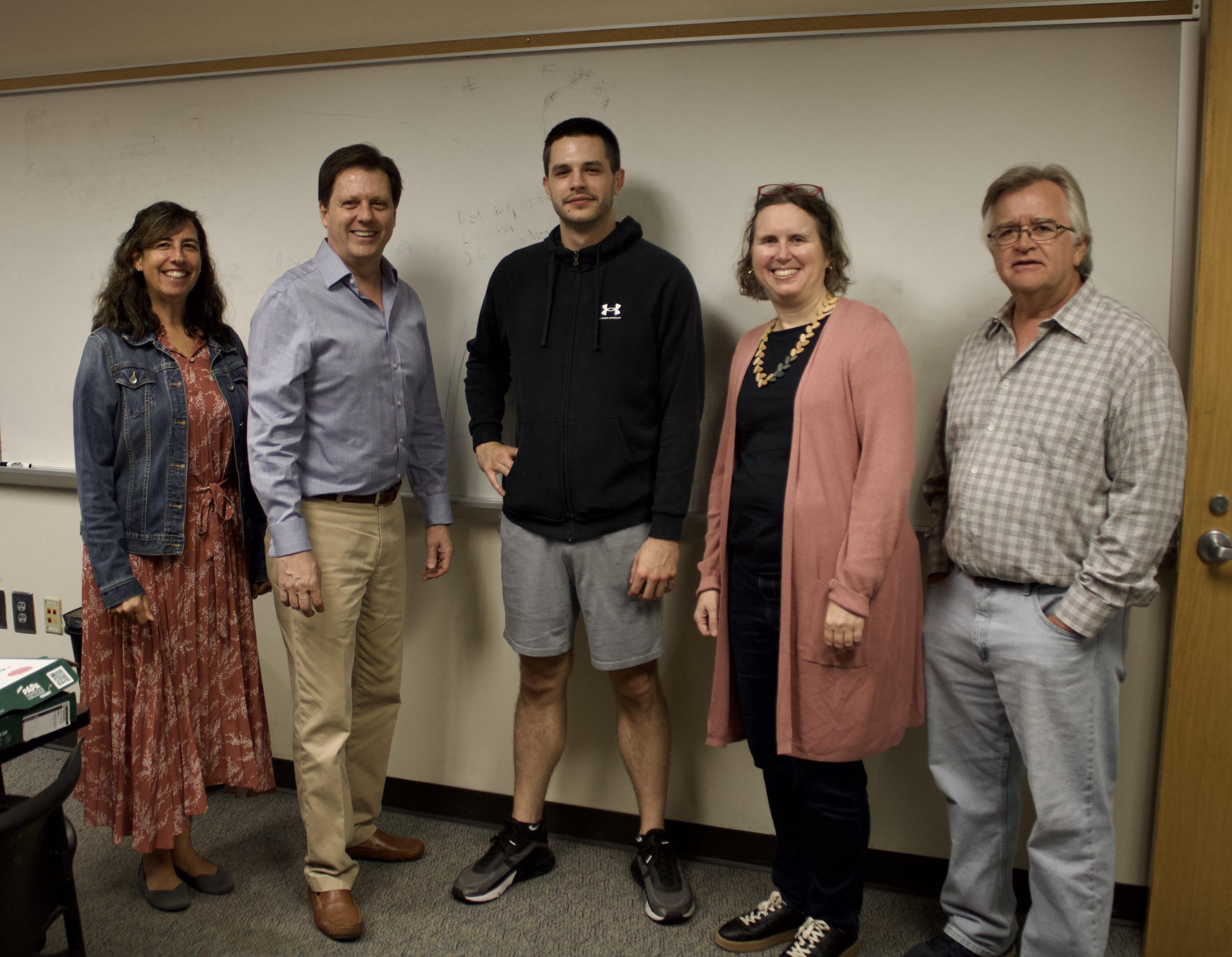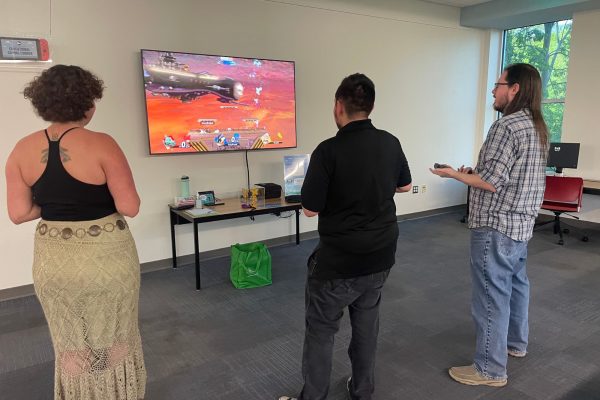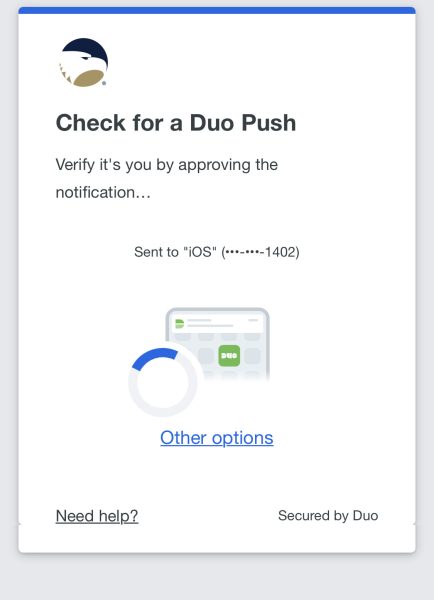Professors methods of teaching correlate to low usage of Folio
January 21, 2016
Georgia Southern students have used Folio for important class updates and information, quizzes, and nerve-wracking notifications, since 2012.
However, many professors prefer to distribute physical copies of all classroom materials or using alternative websites.
Eric Floyd, Information Systems Coordinator and Folio Administrator, notes that many of the instructors who do not log into Folio are graduate instructors, but there is still a disparity between total instructors and Folio-users.
Marc Cyr, a Georgia Southern professor of literature, is one of many instructors who chooses not to use Folio.
“I’ve never looked into [Folio]. I’ve just been perfectly happy with the methods I’ve been using… and saw no reason to go through the time and trouble of figuring it out,” Cyr said.
Cyr’s reluctance to learn how to use Folio reflects an attitude held by many professors that feel learning Folio would be a burden.
“It’s a change to have to use Folio, and many times, [professors] are just so familiar with the way they’ve got their websites set up or the way they’ve taught their class,” Pam Deal, director of the Center for Academic Technology Support, said.
While professors may prefer to keep their classes offline, some students are frustrated with the inconveniences of classes that are not on Folio.
“I had to pay $65 to use Mastering Physics, and my professor is just going to use it to post slides and reminders, which he could do on Folio [for free],” Rebeca Gonzalez, freshman civil engineering major, said.
One consequence of having exclusively offline class materials is that students cannot freely check their grades or print spare copies of handouts.
“I had an FYE professor who never used Folio and never even activated the Folio course, so I never got to use anything Folio-related for the course,” Jacob Poston, freshman computer science major, said.
The ability to easily access grades and receive notifications is increasingly important to students.
“[Folio] is very mobile-friendly. It’s having that information at your fingertips that I think students enjoy,” Ashlea Anderson, assistant director of the Center for Academic Technology Support, said.
Folio can be beneficial to both students and faculty, according to Deal and Floyd. For faculty, Floyd feels Folio helps with organization and grading.
“From the instructor’s perspective, instead of managing papers for 30 students, it’s so much easier… to keep all that electronically and to review the papers in a Dropbox, and grade them from there rather than having to go print them out or have students bring physical copies to class,” said Floyd.
While Folio has several advantages, one area of concern for faculty is the possibility of cheating during online quizzes and exams.
In addition, Floyd suggests reminding the students of their academic integrity.
“There’s research that shows that one of the best ways to prevent cheating on an online test is to provide the students with the honor code. Have them sign their name electronically, and [make that] the first question on the quiz.” said Floyd.
Although, like many professors, Cyr does not use Folio and prefers face-to-face interaction, he recognizes the benefits of Folio for both students and faculty.
“The main benefit for the students is that they can check where they are in the class at any given time, 24 hours a day. This also means they are not harassing the professors for that information, so there’s the benefit for professors,” Cyr said.











